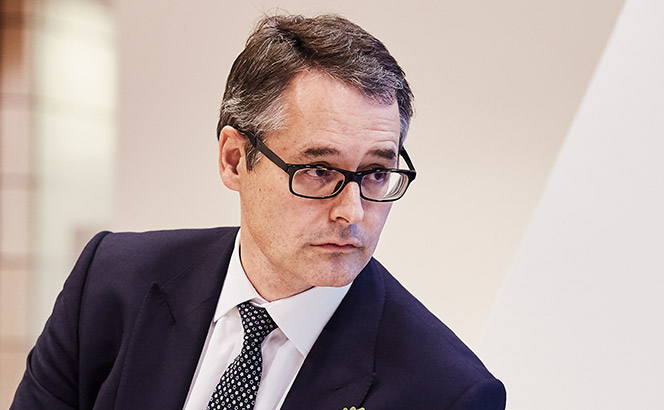
Sometimes a shock looks certain to leave life forever changed only for things to carry on much as normal. Sometimes, the jolt marks a genuine crack in the foundations underpinning industries, business and society. We now know that for the profession and the City, the banking crisis proved very much in the latter camp. In law, the most visible result of this was the end of the startling 25-year success story of the Magic Circle, closing the period in which the group had blazed a trail across the global market and become utterly dominant in their core European and Asian heartlands.
After the banking crisis, growth slowed, ground was ceded to US rivals, and even some mid-tier rivals, and the group lost much of the strategic daring that defined their remarkable ascent. They remained successful institutions but the swagger was gone, the myth of invincibility lost.










